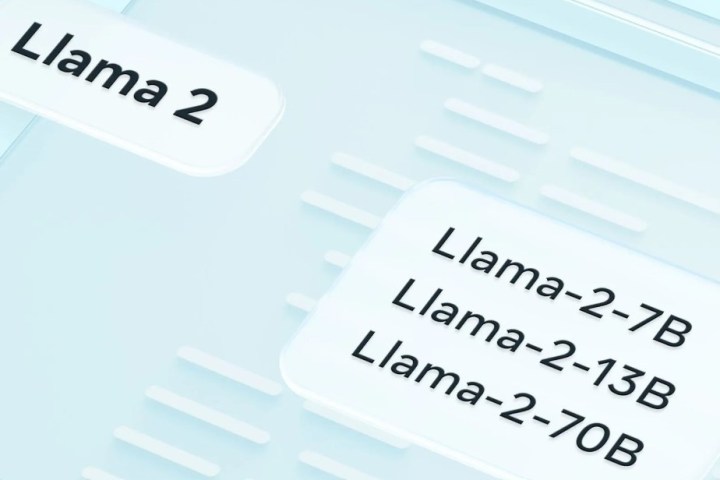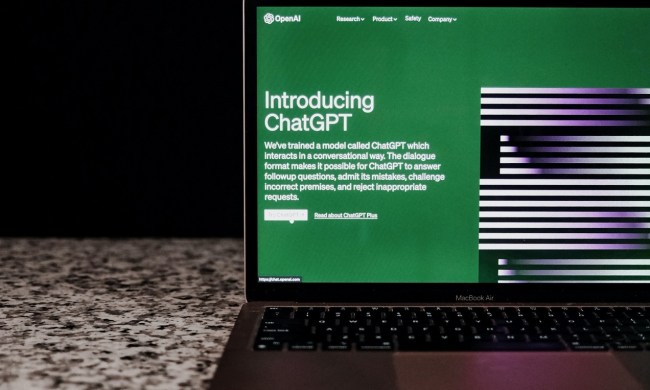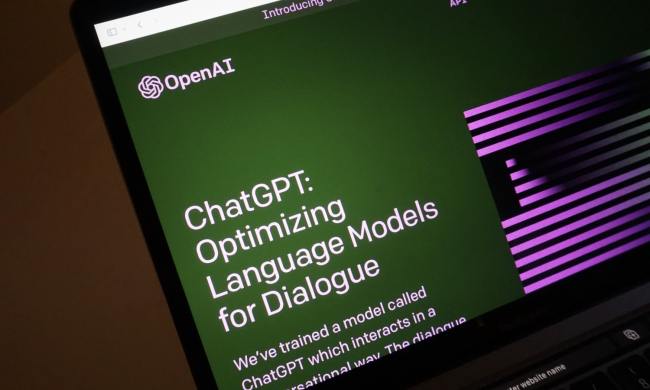ChatGPT has enjoyed a huge advantage over its competitors, even companies as large as Google. But Meta has recently announced the latest iteration of its AI model, Llama 2 (Large Language Model Meta), along with the open availability of the model for free to developers for research and commercial purposes.
For the first time this year, we may be witnessing the most significant challenge so far to OpenAI’s grip on the world of generative AI.
It’s open source

OpenAI was originally founded as an open-source organization, a point that Elon Musk has made. It’s since then taken a very different path, however, choosing to keep much of the company’s technology behind closed doors.
That’s where Llama 2 comes in to potentially have an even wider impact on how AI is distributed. With all the concerns around ethics, privacy, and copyrighted materials used by ChatGPT, some see an open-source version of this technology as a necessary solution to keep AI within our control.
“Our open-source approach promotes transparency and access,” says Meta in its blog post. “We know that while AI has brought huge advances to society, it also comes with risk. We are committed to building responsibly and are providing a number of resources to help those who use Llama 2 do so too.”
These resources include a responsible use guide, a transparency schematic, and more.
Unlike ChatGPT, though, that doesn’t mean just anyone can go in and play with it. While Llama 2 is open source, companies with over 700 million monthly active users require special permission from Meta to use it. Meanwhile, the AI model does not have a consumer-friendly interface, as it is aimed toward more technical and corporate use cases. Meta says Llama 2 is for those in “tech, academia, and policy who also believe in an open innovation approach to today’s AI technologies.”
It might be as powerful as ChatGPT
Llama 2 appears to have promise as a true ChatGPT competitor. It has also been lauded as having the same power capabilities as ChatGPT.
“It is a huge leap forward for open source, and a huge blow to the closed-source providers, as using this model will offer way more customizability and way lower cost for most companies,” Nathan Lambert, research scientist for AI company Hugging Face, recently wrote in a Substack post that was first publicized in a Business Insider report.
Meta makes some pretty significant impressive claims about just how powerful Llama 2 is. Most notably, Meta says it was trained on more 40% more data than Llama 1.

Meta and its partner, Microsoft, have stated that their collaboration allows developers to use Microsoft Azure to build within Llama 2, allowing not only access to cloud-native tools, but also for developers to optimally run the program locally on Windows. Llama 2 is also available on a number of providers, including Amazon Web Services (AWS) and Hugging Face, which establish its credibility among developers. Meanwhile, ChatGPT has had to have compatible alternatives made for different platforms by developers.
Examples include the MacGPT application created by developer Jordi Bruin that allows you to install ChatGPT as a remote browser on your Mac desktop. Even Microsoft’s Bing Chat is based on ChatGPT.
Meanwhile, the quality of OpenAI’s latest language model has recently been called into question as it is seemingly declining in its accuracy and power.
We’ll have to wait to hear more before we know for sure just how powerful Llama 2 is compared to ChatGPT, but for now, it at least seems promising.
Other competition
There are other companies developing their own AI models, of course, but none have had the commercial advantage ChatGPT has enjoyed since its release.
Google’s Bard AI chatbot is still largely experimental, but is being updated regularly by the brand. Apple is expected to soon join the AI race with its own branded tool, however, details about the chatbot remain limited.
For now, Llama 2 seems to be the most important new AI model in the game, and its open-source nature make it an important counter to ChatGPT.



